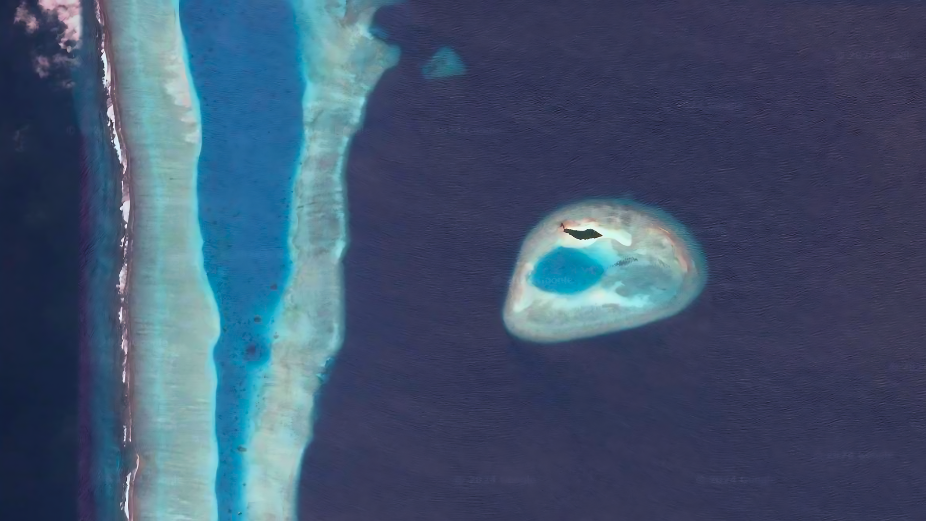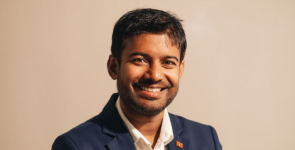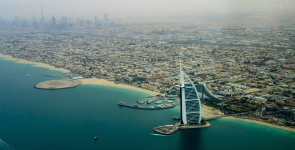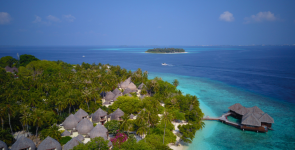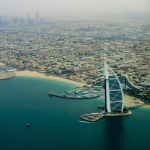A Swiss-backed development company plans to reclaim eleven islands and 24 sandbanks in the Maldives’ Noonu Dhigufaru lagoon as part of a major resort project. According to an environmental impact assessment (EIA) report, the development is linked to a 99-year lease on Dhekenanfaru island, secured under a cross-subsidy policy intended to finance government projects.
The Dhekenanfaru and Dhigufaru islands were leased to Swiss national Yanik Robert Louis Gianadda. Leaseholder rights for the lagoon are currently held by Crystal Holding Pvt Ltd, a company with shares owned by Gianadda and Pierre Jean Claude Antoine.
Crystal Holding’s latest concept envisions a resort with larger islands dedicated to guest rooms, while employees would reside on separate service islands. Sandbanks would remain undeveloped. The existing Dhekenanfaru island would not have guest rooms but cater to excursions.
The project, named Ayla Maldives, is set to feature 262 rooms (524 beds) and would be marketed as an “ultra-luxury” resort. It also includes plans for a helipad at Maafaru Airport for guest transport, though the Civil Aviation Authority has yet to give regulatory approval.
Reclamation and Environmental Concerns
The development requires significant land reclamation, covering 122 hectares of the 751-hectare Dhigufaru lagoon. The EIA report states that reclamation will begin in April and take six months, requiring 4.2 million cubic meters of sand. Environmental groups are likely to raise concerns over the ecological impact of such extensive land reclamation.
Controversy and Financing
The Dhekenanfaru island and Dhigufaru lagoon were controversially leased out by the Maldives’ previous government to fund a residential project in Giraavaru lagoon. Media reports indicate the government received USD 22 million as a lease acquisition cost, along with a USD 5 million extension fee to secure a 99-year lease term. The government stands to earn USD 1.5 million annually in rent once the resort becomes operational.


